20 February 2025
When it comes to buying a home, open houses can feel like speed dating for real estate. You walk in, smile at the agent, and in a short amount of time, you have to decide if the house is “the one.” But how do you get past the perfectly staged living room, the smell of freshly baked cookies, or strategically placed furniture to figure out if it’s actually the right fit? The key lies in asking the right questions. It’s not just about how the house looks on the surface; it’s about uncovering what’s beneath the paint and drywall.
So, let’s dive into the top questions you need to ask during an open house tour to make the most informed decision about your potential future home.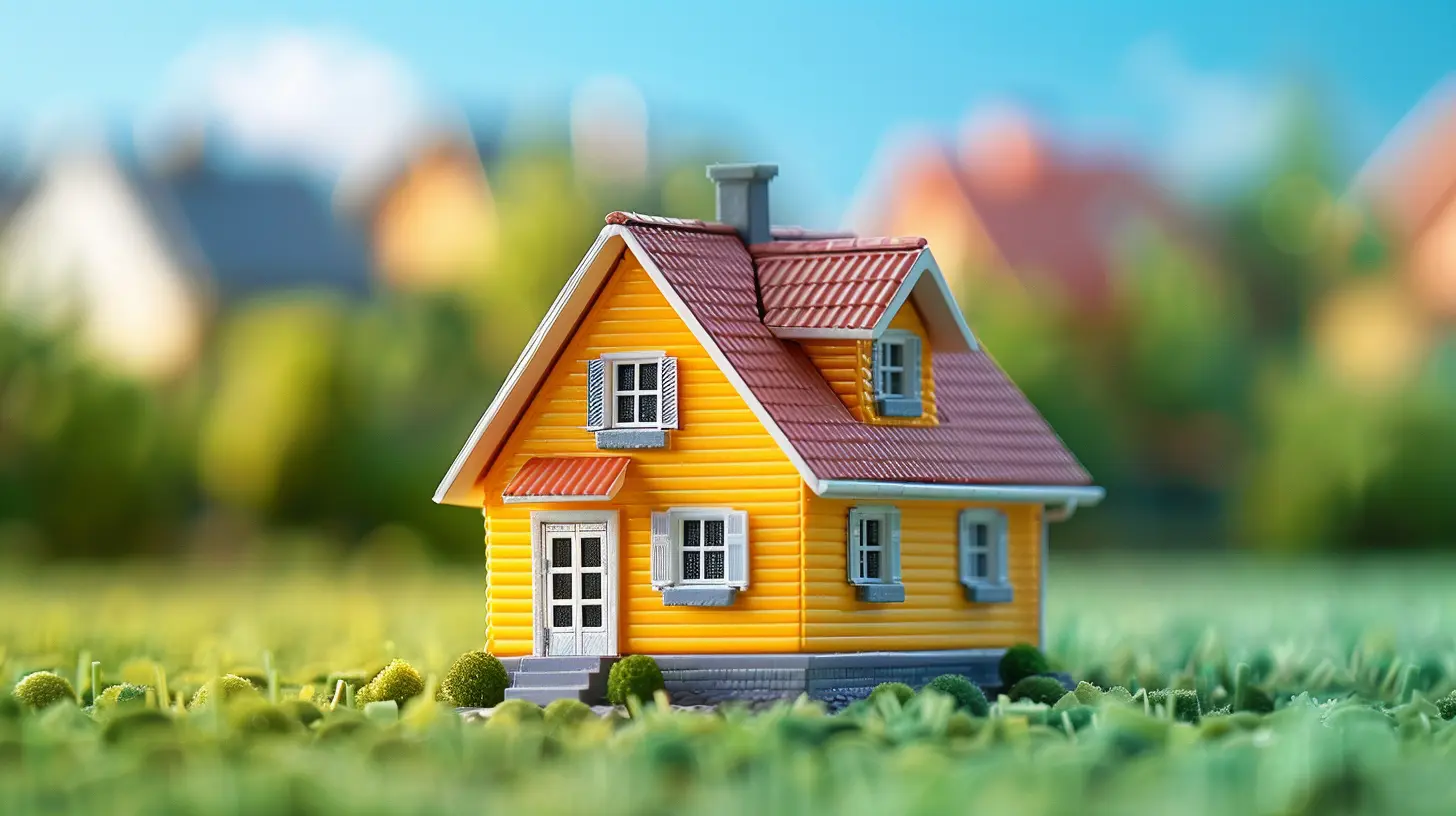
1. Why Is the Seller Moving?
Let’s start with a biggie: Why is the house on the market? Is the seller relocating for work? Are they downsizing? Or—brace yourself—does the house have issues they’re trying to offload onto someone else? This question can give you insight into any potential red flags or even help you gauge how motivated the seller is to negotiate.If the seller is in a hurry to move, you might have more negotiation power when it comes time to make an offer. On the other hand, if there’s a vague or evasive answer, it might be worth digging deeper.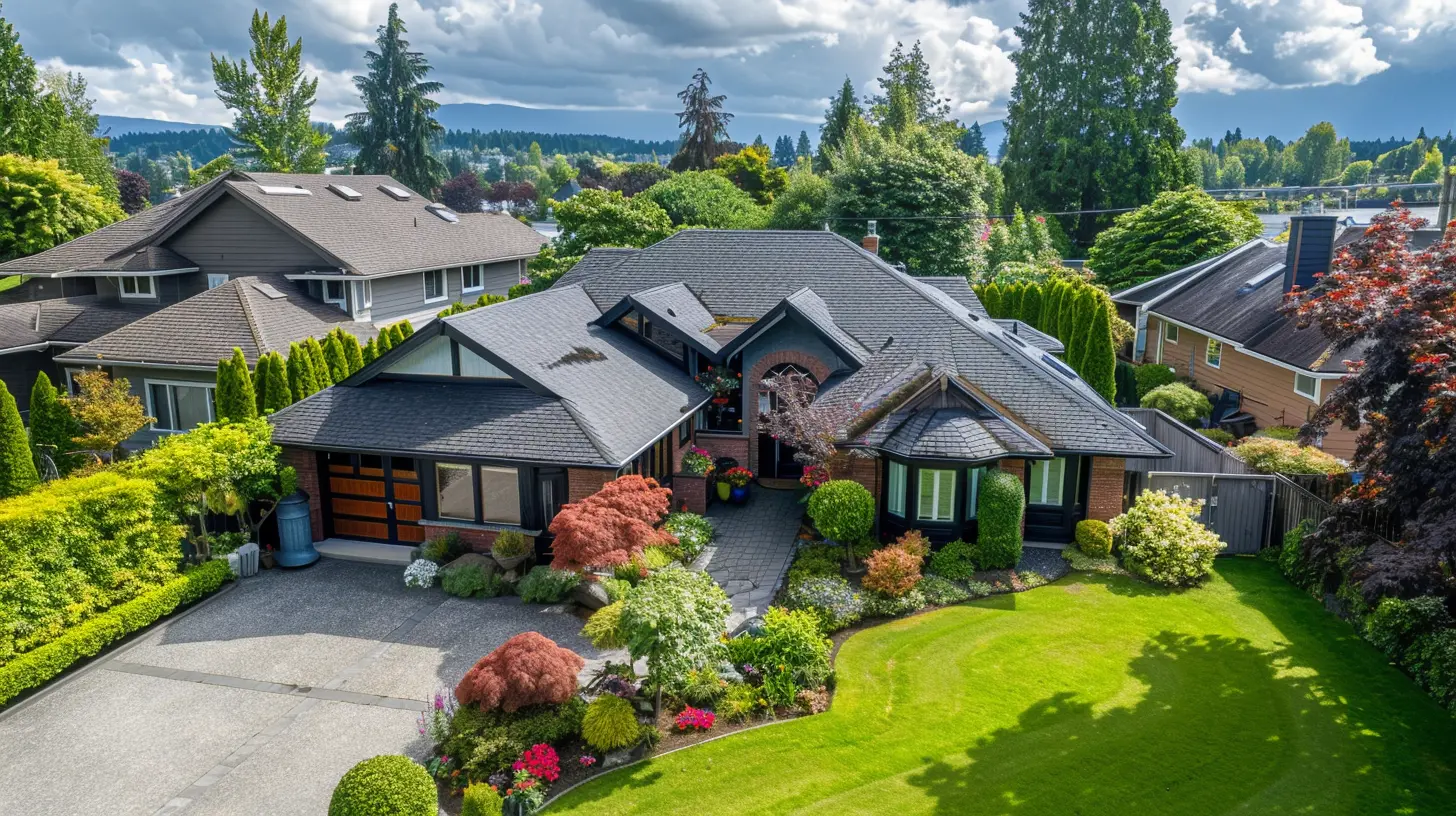
2. How Long Has the Property Been on the Market?
The answer to this question can tell you a lot about the house. If it’s been sitting on the market for a while without much action, you’ve got to ask yourself why. Is it overpriced? Or is there something else scaring off potential buyers?Houses that linger too long on the market could also give you leverage to negotiate a lower price. But proceed with caution—you’ll want to uncover any hidden issues before you jump in.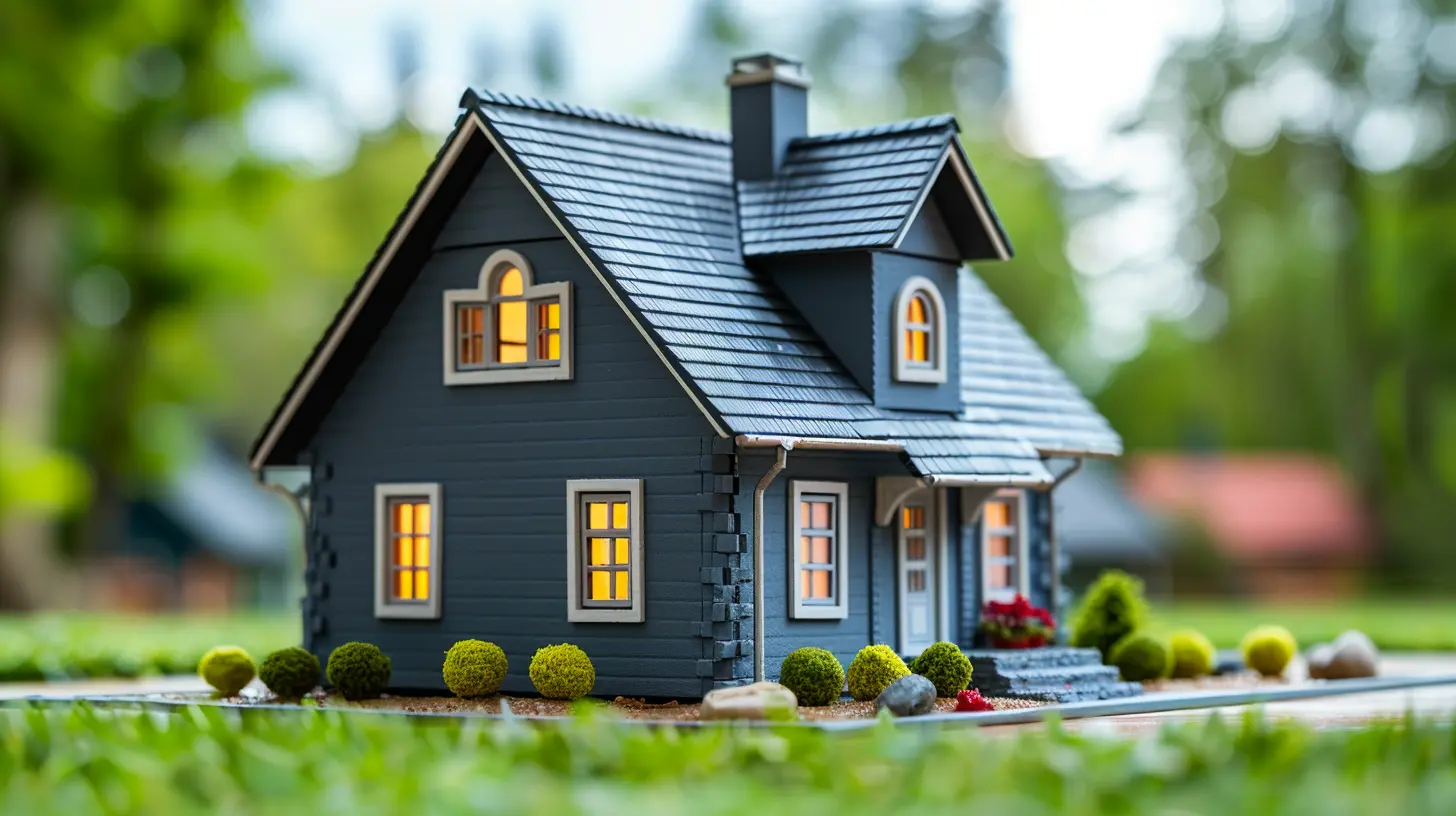
3. Are There Any Recent Renovations or Repairs?
Ah, the age-old question: Is that shiny new backsplash in the kitchen sitting on top of a ticking time bomb? You’ll want to know what’s been recently updated and, more importantly, whether the work was done by a licensed professional.DIY updates might look gorgeous at first glance, but they can sometimes lead to costly repairs if they don’t meet code. Don’t be afraid to ask for permits or documentation for major renovations like electrical work, plumbing, or structural changes.
4. How Old Are the Major Systems and Appliances?
Let’s face it—nobody likes surprise expenses. So ask about the big-ticket items like the roof, HVAC system, water heater, and appliances. How old are they? Have they been regularly maintained?Think of it like buying a car—you wouldn’t just look at the paint job; you’d check under the hood, right? The same goes for a house. For instance, if the HVAC system is pushing 15-20 years, you might be looking at a pricey replacement soon after you move in.
5. What’s Included in the Sale?
Picture this: You fall in love with the dining room chandelier, only to find out later that the seller is taking it with them. Ouch. To avoid heartbreak, ask what’s included in the sale.Does the price include appliances, window treatments, or that shed in the backyard? If there’s something you really love, make sure it’s spelled out clearly in the contract. This question can also help you budget for things you may need to replace or purchase after moving in.
6. What’s the Neighborhood Like?
Sure, the house might be perfect, but what about the area? Is it a quiet, family-friendly neighborhood or more of a party central? Ask the listing agent about noise levels, school districts, and amenities nearby.Better yet, talk to the neighbors if you can. They’ll give you the real scoop on what it’s like to live in the area. After all, buying a house means buying into a community, too.
7. Are There Any Known Issues With the Property?
This is one of those “you don’t know what you don’t know” questions—and it’s critical. Sellers are typically required to disclose known defects, but it doesn’t hurt to ask in case something doesn’t show up in writing.Whether it’s a leaky basement, foundation issues, or pest problems, knowing about potential deal-breakers upfront can save you from future headaches.
8. What Are the Monthly Utility Costs?
You might love that charming older home, but can you afford to heat and cool it? Ask about average monthly utility costs to get a sense of what you’ll be paying on top of your mortgage.If the numbers seem high, it could be a sign that the home isn’t energy-efficient—a factor worth considering, especially with rising utility rates.
9. How’s the Market in the Area?
Knowing the state of the local real estate market can help you make a smarter investment. Ask the agent if home prices in the area are trending up, down, or staying steady.This information can give you an idea of the home’s future resale value. After all, your home isn’t just where you live; it’s also one of the biggest financial investments you’ll ever make.
10. Are There Any HOA Fees or Restrictions?
If the house is part of a homeowners’ association (HOA), you’ll want to know the details. How much are the monthly fees? What do they cover? And are there any quirky rules you need to follow, like restrictions on house color or landscaping?An HOA can be a double-edged sword—it might help maintain property values, but it could also limit your freedom to personalize your new home.
11. What’s the Parking Situation?
This might seem minor, but parking can make or break your day-to-day living experience—especially if you’re in a city or high-density neighborhood. Is there a driveway, garage, or off-street parking? Or will you have to circle the block hunting for a spot?And don’t forget to ask about guest parking! If you like to entertain, this can be a big deal.
12. Is the House Prone to Flooding or Other Natural Disasters?
Nobody wants to wake up to a flooded basement. Ask if the house is in a floodplain or prone to other natural disasters like earthquakes, hurricanes, or wildfires. Has it experienced water damage in the past?You may also want to find out whether the property requires additional insurance, like flood or earthquake coverage. These extra costs can add up quickly.
13. What’s the Commute Like?
If you’re buying a home, odds are you’ll need to get to work, school, or regular appointments. Ask about commute times and transportation options. Is there public transit nearby? Or will you be stuck sitting in traffic for hours every day?Sometimes, the dream house isn’t worth the nightmare commute.
14. Are There Any Pending Offers or Competing Buyers?
This question can help you gauge how quickly you need to make a decision. If there are multiple buyers interested, you might need to act fast—or even consider offering more than the asking price.On the other hand, if the house has no other offers, you might have more room to negotiate.
15. Can I Take My Time Touring the Home?
This might seem like a no-brainer, but if the open house is crowded, you might feel rushed. Don’t hesitate to ask for some quiet, uninterrupted time to really soak it all in. Open all the cabinets, turn on faucets to check water pressure, and picture your life in the space.Remember, this is a huge decision—it’s okay to take your time and be thorough.
Final Thoughts
Buying a house is one of the biggest decisions you’ll ever make, and an open house is your chance to dig deeper, ask questions, and get the facts. It’s kind of like being a detective—your job is to uncover any potential issues before you fall head over heels for the wrong home.So grab that checklist, channel your inner Sherlock Holmes, and don’t be afraid to ask tough questions. The right home is out there waiting for you, but you’ve got to do the homework to find it.


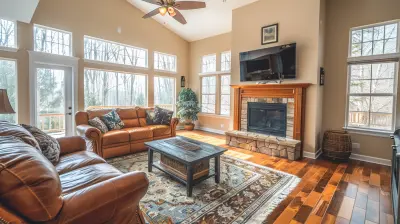
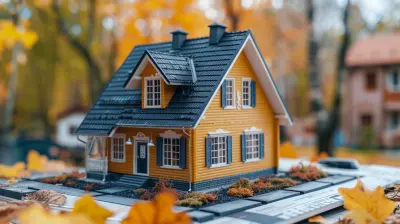
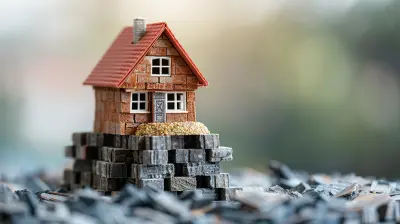
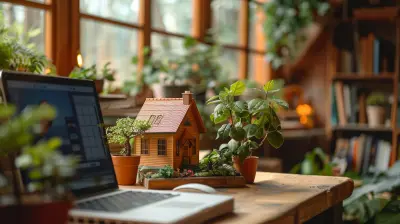


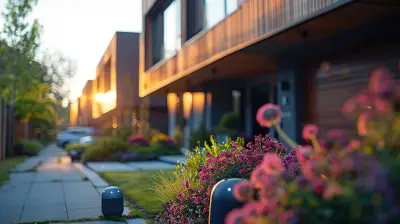
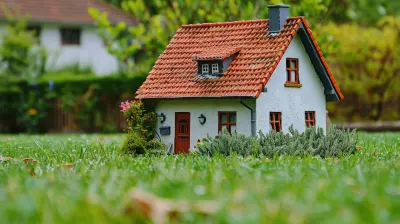

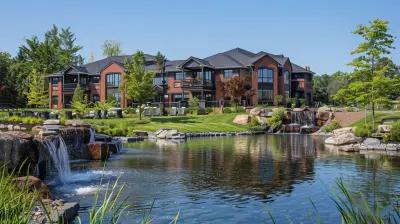
Zevonis McKay
Great article! Asking the right questions can make all the difference in finding your dream home.
April 7, 2025 at 6:42 PM